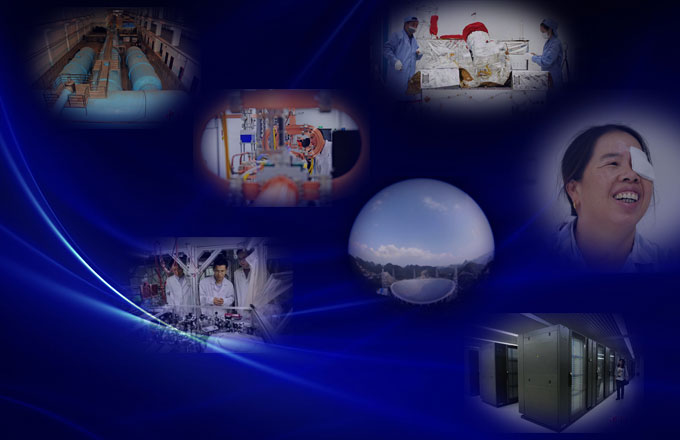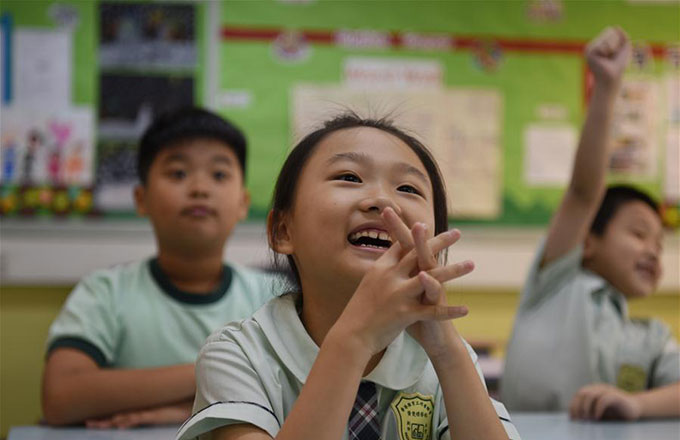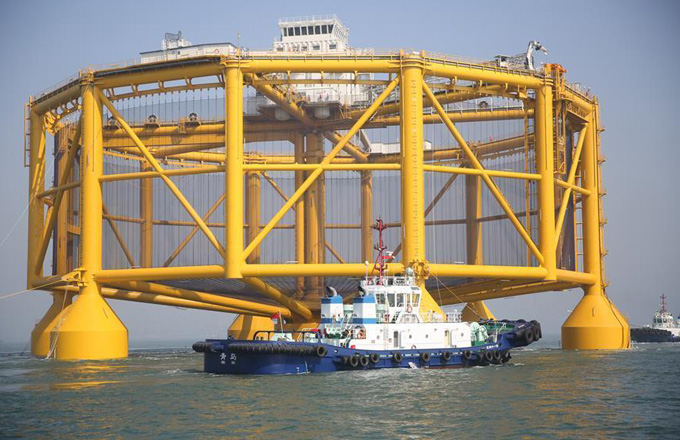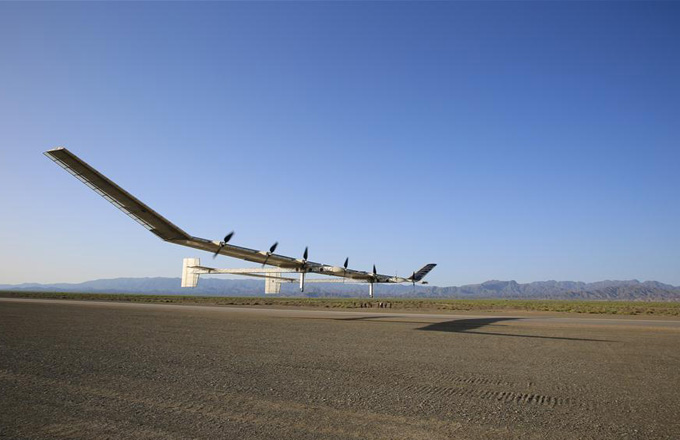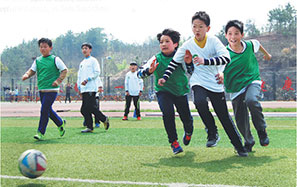Reform will 'free hands' of businesses
Some pre-manufacture product licenses replaced by safety checks
China is cutting the number of products whose manufacture requires official licensing, the State Council decided at an executive meeting chaired by Premier Li Keqiang on Wednesday.
Nineteen categories of products, including water pipes and rechargeable batteries, will no longer need manufacturing licenses. The licenses required for electric blankets and motorcycle helmets will be replaced by the post-manufacture China Compulsory Certification, or safety certification, it was decided.
Industry is the pillar of the real economy, Li said. The existing licensing system needs a thorough overhaul and a major streamlining, keeping a tight list of product categories that do need to follow the current practice and also speeding up the transition to product certification, he said.
"We need to free the hands of businesses for innovation and operation. It is pivotal to the upgrading of the real economy," he said.
The production licensing system was introduced in 1984 for quality supervision. Companies must obtain a license before their products go into production. The number of categories of products that require official licensing had since been reduced from 487 to the current 60, and now to 41.
At a news conference in March, Li said that the government should send a resounding "yes" to all law-abiding market entities and give the green light to all hardworking entrepreneurs and innovators. Violators of laws and regulations must be warned, he said, and when necessary barred from the market.
"Having fewer licensing requirements doesn't mean less responsibility. On the contrary, they now have a greater responsibility to the consumers," Li said at the meeting on Wednesday.
The new system will also pose higher requirements on enterprises to ensure the quality of products.
The government departments concerned should further step up compliance oversight and waste no time in developing compulsory certification standards, he added.
"There should be no overlap, though," he said. The General Administration of Quality Supervision, Inspection and Quarantine, China's quality watchdog, will delegate the licensing authority of another eight categories of products, including feed grinders, to provincial-level quality supervision departments, the meeting decided.
China will also pilot a reform to streamline procedures for manufacturing license applications in some areas and industries. Companies can present a qualification report conducted by an eligible agency instead of going through pre-licensing production inspection.
Government departments can conduct on-the-scene inspections of companies after, rather than before, they have obtained the manufacturing license, to enable companies to start their production in a timely manner. The quality watchdogs will also step up compliance oversight through spot checks after the issuance of licenses to ensure the quality of products.
- IMF raises China forecast, urges faster reform
- Engineering construction contract dispute between Huang Jinxing, Tuoli County Housing and Urban-Rural Development Bureau, Tuoli County Economic & Information Commission, Tuoli County Development and Reform Commission, Tuoli County Bureau of Land and Resources, Tuoli County Poverty Alleviation Office and Tuoli County Bureau of Statistics
- Achievements of China’s Judicial Administration Reform
- China supports Belt and Road Initiative with capital market reform




